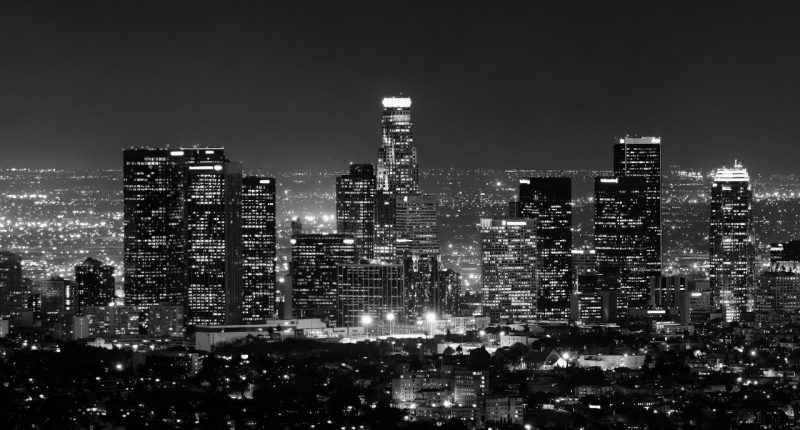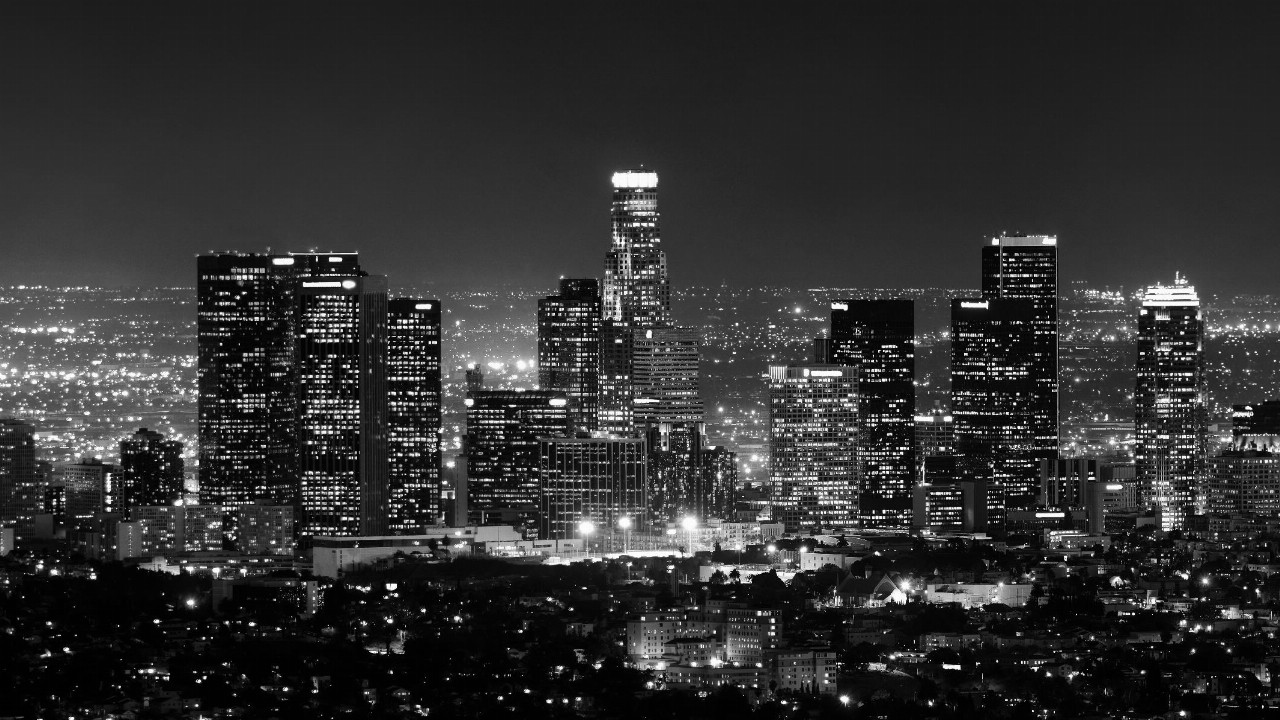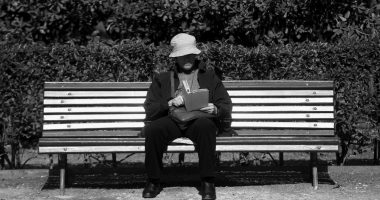I am eating first-rate sushi in a dire strip mall off Sunset, between a nail bar and a McDonald’s, and that isn’t the oddest thing about Kenbey. No, that is the elbow-to-elbow contact at the counter, as well as the paper menu, the animal spirits required to launch a restaurant in the COVID era and the fact that all this is now so common that only on the walk home do I remember how out of reach it once seemed.
Look, I know other things are going on, but we are making too little of a daily miracle. Two years after a lockdown without peacetime precedent, you can live about as frictionless a life in about as vibrant an urban nightscape as existed in 2019. And this is in Los Angeles County, where even outdoor dining was banned as recently as last year. Downtown, so shattered by COVID, and never reliably buoyant in the past, has in Bavel and Bestia restaurants as hard to reserve as American Psycho’s Dorsia.
In spring 2020, even the diehard urbanist in me feared that five years would pass before nightlife regained its prior zest. If dread of disease did not keep people at home, dread of future lockdowns would deter the new bars and restaurants that, like the immigrants who staff them, save cities from torpor. Depending on where you live, five years turned out to be 18 or so months. Only a fool would bet against a “sigma variant” or whatever cutting off the revival. While it lasts, though, it is worth marking. It is also worth asking what the bleakest prognoses in 2020 got wrong.
The most elementary mistake was to confuse the size of a population with its profile. People who were likeliest to quit cities — those with children, or a taste for quiet — were hardly the most gregarious anyway. A loss of 100,000 residents does not axiomatically mean a loss of 100,000 patrons of the night economy. Of the few people I know who have moved out on a lasting basis, none is mistakable for Keith Moon. If the city of the future is smaller, it might also be more intensely social.
Another error was to underestimate the sexual or romantic imperative. Unless it becomes normal again to pair off at around voting age, a huge share of the population of the rich world will still be seeking companionship into their thirties and beyond. That, says the logic of numbers, is best done in big cities, and at night.
In the end, though, it is hard to rule out another reason for the undue bearishness about cities in 2020. Some people wanted it to be true.
Anti-metropolitan feeling is not unique to the deindustrialised provinces. It is just that discontents within the city limits are better able to pass under the radar. One is the downwardly mobile upper-middle class, priced out of the neighbourhoods that it once regarded as almost feudal birthrights. Another is what might be called the reactionary left, for whom the city is capitalism at its most rudely disruptive. Look at it gentrifying neighbourhoods out of their noble poverty. Look at the unsustainable globalism (“Flown in from Japan,” says the itamae at Kenbey, of some jewel of a fish).
Both categories are over-represented in the media. And so a certain haste to toll the bell for the Age of the City was to be expected in 2020. It may yet be proved right. But I am struck by the anecdotal and quantifiable suggestions otherwise. A coast-to-coast round trip last month was a mask on the plane away from being indistinguishable from a 2019 one. According to Bloomberg’s Pret Index, the eponymous sandwich chain, whose pandemic slump symbolised the urban crisis, is nearing 90 per cent of its normal sales in London’s financial districts.
As for the later hours, my informants in that city apprise me of the best in a barrage of new openings (Lisboeta in Fitzrovia, apparently). At 40, I can’t repeat the schedule of 2017, when I spent four evenings out of 365 at home. But then the glory of cities at night was never only or even mainly about the action itself. It can be enough to know it is there.
Janan Ganesh is a biweekly columnist and associate editor for the Financial Times. He writes on American politics for the FT and culture for FT Weekend. He was previously political correspondent for The Economist for five years.





